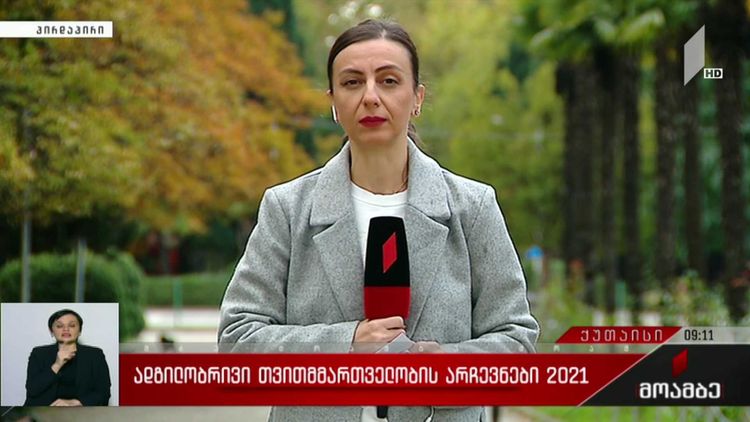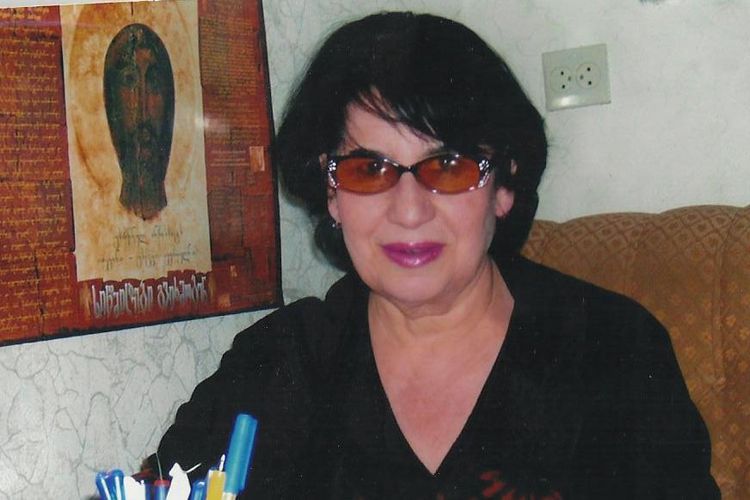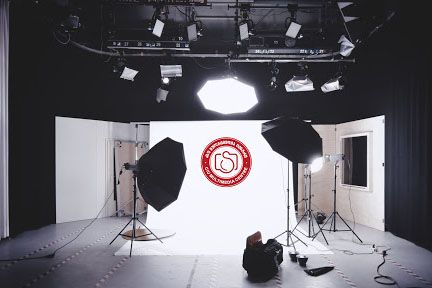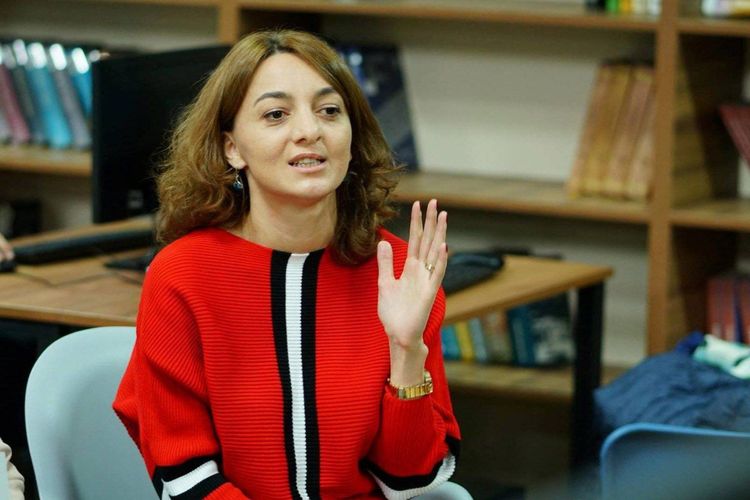Reportage as the “King” of Genres

Reportage has a special place among journalism genres. Some media theorists even call it the “king” of the genres.
Reportage requires a reporter on site. S/he himself/herself is a firsthand eyewitness to the development of events. The journalist with his/her reportage should make the viewers feel as if they are also participants in the story.
Media theorists also point out that the main focus of the reportage is the journalist’s point of view, as he tries to show the audience the dynamics of the event at all stages of its development - from beginning to end.
Today’s mediascope is on reportage. Our respondent is Irma Choladze, the regional correspondent of the Public Broadcaster’s news program “Moambe”, who is also a student at CIU Doctoral Program in Mass Communication. She herself tells us about the “sweet melancholy” of being a reporter.
“King of Genres”
German media theorists and practicing journalists call the reportage the “King of Genres”. I reckon that it is, indeed, one of the most distinguished among the journalism genres.
Characteristic features of the reportage are: the clarity of the story and a viewer’s feeling that s/he is also at the epicenter of events together with the reporter.
Skills: inborn and learned
To prepare a good reportage, you need skills such as:
- Journalistic intuition, which, I think, is not taught;
- Journalistic experience;
- Reporter’s internal culture and ethics;
- Fluency.
Clearly, the mere existence of these skills, taken alone, can do nothing if it is not accompanied by the image of a journalist and the trust of the public. The latter is created over the years.
As you know, it is not only the journalist who works on the reportage, therefore, professionalism is needed in all segments in order for the result to be the best.
Non-interference is important!
In order to reach the result, two more factors must be taken into account:
1. Relevance of the topic;
2. Guarantee of non-interference by the employer or the producer.
Full independence in the reporting process is an important prerequisite so that it does not serve the interests of either party.
I – Reporter
Reportage is my favorite genre. Reporting means being constantly at the epicenter of events. In all my reportages I feel a responsibility to my audience. I constantly try to be objective, operative and, most importantly, unbiased. My mission is doing live reportages.
I do not have any exceptionally memorable reportages, because all my reports, I think, are memorable. It cannot be otherwise, when you often have to do this work at the risk of your own health. For example, last year I injured my leg while covering a large-scale flood in Racha. It can be said that then reportage was remembered not only for me, but also for the whole Oni municipality.
Situation - extreme, emotion - zero!
Personally, I have repeatedly proved that it is possible for a journalist to maintain a neutral tone in extreme situations: not to follow emotions and convey the message as calmly as possible, but this does not mean to go to the other extreme and, for example, have a happy face when covering a tragedy.
One important skill I have developed over the years is to work in a heavy emotional atmosphere: when I cover a tragedy, everything around is ruined, people search among the debris, pull out the dead and hear cries, even in such a situation I try to be emotionally neutral and informative. At this point I have to think about the misfortune that has happened and the viewer who is already depressed by all this. I also think that I should not burst into tears while being live or even worse, faint... Trust me, this ability is not easy to achieve. And at the end of the day, when I am no longer live and stop working, I may even cry and lose the ability to even say a word, but the viewer will not be able to see it.
Livestreaming and recording
We must first find out if the story is over. If the event has already happened, the reporter’s narration from the scene is no longer appropriate. In this case, it is better to install. In such a format it is necessary to tell a detailed story. It should include all possible aspects of the topic. But, if the story is not over yet, a reporter narrating the story directly from the spot is an ideal option.
In any case, we must remember that a good reporter makes the viewer feel as if he is not in front of the television, but at the scene, - said Irma Choladze, the regional correspondent of the Public Broadcaster “Moambe”.
Soso Gazdeliani
Other News
 სექტემბერი 19, 2024
სექტემბერი 19, 2024 09:39 AM
09:39 AM
Mother Language Day
Mother Language Day is celebrated on April 14. 44 years ago, on this very day, the Georgian nation realized that the native language was a necessary tool for preserving identity and cultural heritage, and that this treasure was in real danger of being lost and disappearing.
 სექტემბერი 16, 2024
სექტემბერი 16, 2024 09:45 AM
09:45 AM
Why should you choose CIU Undergraduate Program in Journalism?
The Undergraduate Program in Journalism at Caucasus International University has been implemented at the Faculty of Social Sciences since 2012-2013 academic year. The program is distinguished by practice-oriented teaching. Students have the opportunity to master all the practical or theoretical aspects of modern journalism.
 თებერვალი 16, 2024
თებერვალი 16, 2024 07:56 AM
07:56 AM
Disinformation as Power Propaganda Weapon and Ways to Fight It
The activation of social media in the Internet age has further increased the information field. If we were looking for information a few years ago, today it “finds” us. The threat of forming an information-tired society is becoming increasingly real in the age of information surplus. It is difficult to determine which information is valid and relevant among the many and uncontrolled information streams.